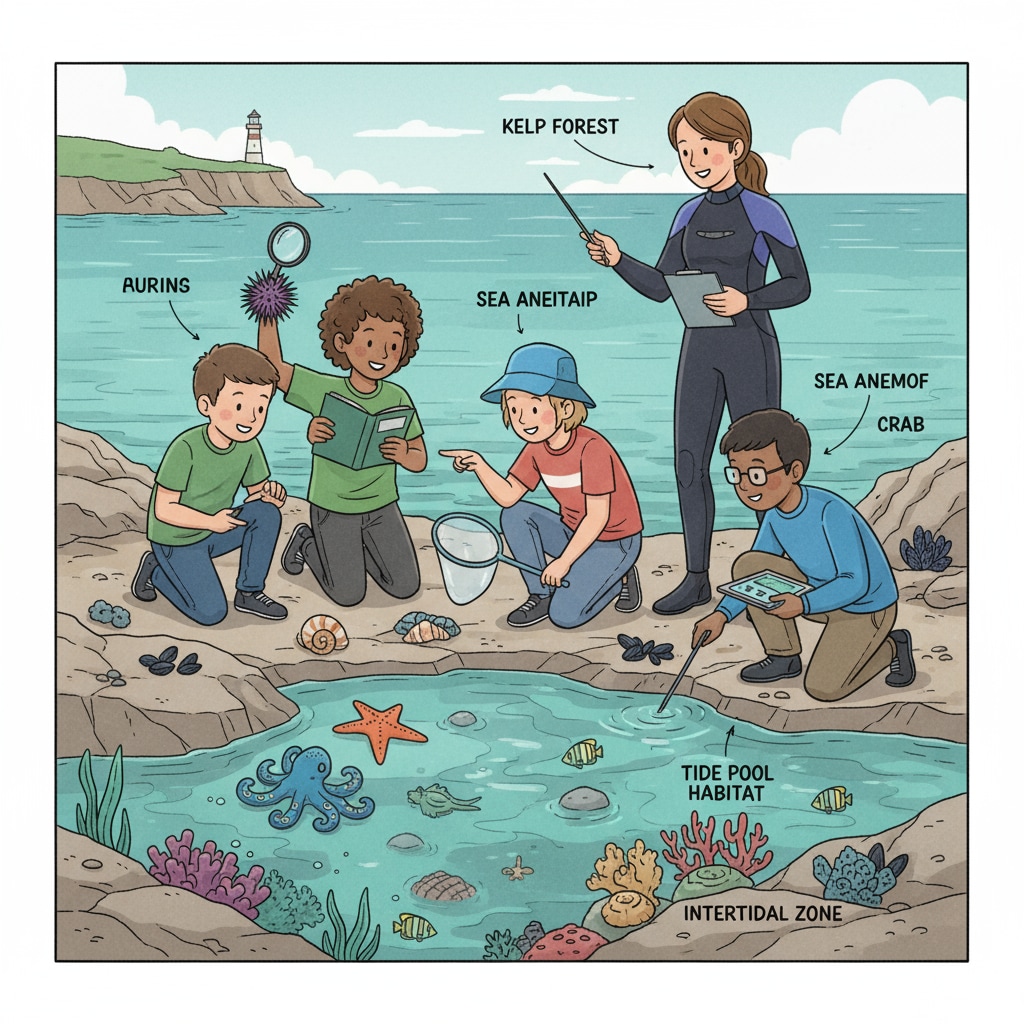Embarking on a journey to pursue science degrees in marine biology and environmental science without any prior knowledge might seem daunting, but it’s entirely feasible. The allure of these fields, with their promise of exploring the mysteries of the ocean and understanding our environment, draws many individuals who didn’t initially have a science-oriented background.

Understanding the Challenges
One of the primary challenges for those without a science background is the lack of fundamental knowledge. Concepts in biology, chemistry, and physics that are taken for granted by students with a science foundation can be new and complex. For example, understanding the chemical reactions involved in ocean acidification or the biological processes of marine organisms might be difficult. In addition, the rigorous coursework and laboratory requirements can be overwhelming. According to Wikipedia’s page on Marine Biology, marine biology courses often include hands-on laboratory work, field studies, and in-depth theoretical learning.

Overcoming the Knowledge Gap
However, this knowledge gap can be bridged. Before starting the degree program, individuals can take preparatory courses. Community colleges and online platforms offer introductory courses in biology, chemistry, and other relevant subjects. These courses provide a basic understanding of key concepts. For instance, an online biology course can cover topics like cell structure and function, which are essential for marine biology. Moreover, reading introductory textbooks and scientific articles can also help build a foundation. As a result, students can enter their degree programs with a better grasp of the basics. According to Britannica’s entry on Environmental Science, environmental science also requires a solid understanding of multiple scientific disciplines.
Another important aspect is seeking support. Most universities have academic support services, such as tutoring centers and study groups. These resources can be invaluable for students without a science background. Tutors can explain complex concepts, and study groups allow students to discuss and learn from each other. Additionally, building relationships with professors can provide guidance and support throughout the academic journey.
In conclusion, obtaining science degrees in marine biology and environmental science without prior knowledge is achievable. By understanding the challenges, taking proactive steps to bridge the knowledge gap, and seeking support, students can successfully navigate their academic paths in these fascinating fields.
Readability guidance: This article uses short paragraphs and lists to summarize key points. Each H2 section has relevant details presented in a clear manner. The proportion of passive语态 is minimized, and transition words are used throughout to enhance readability.


